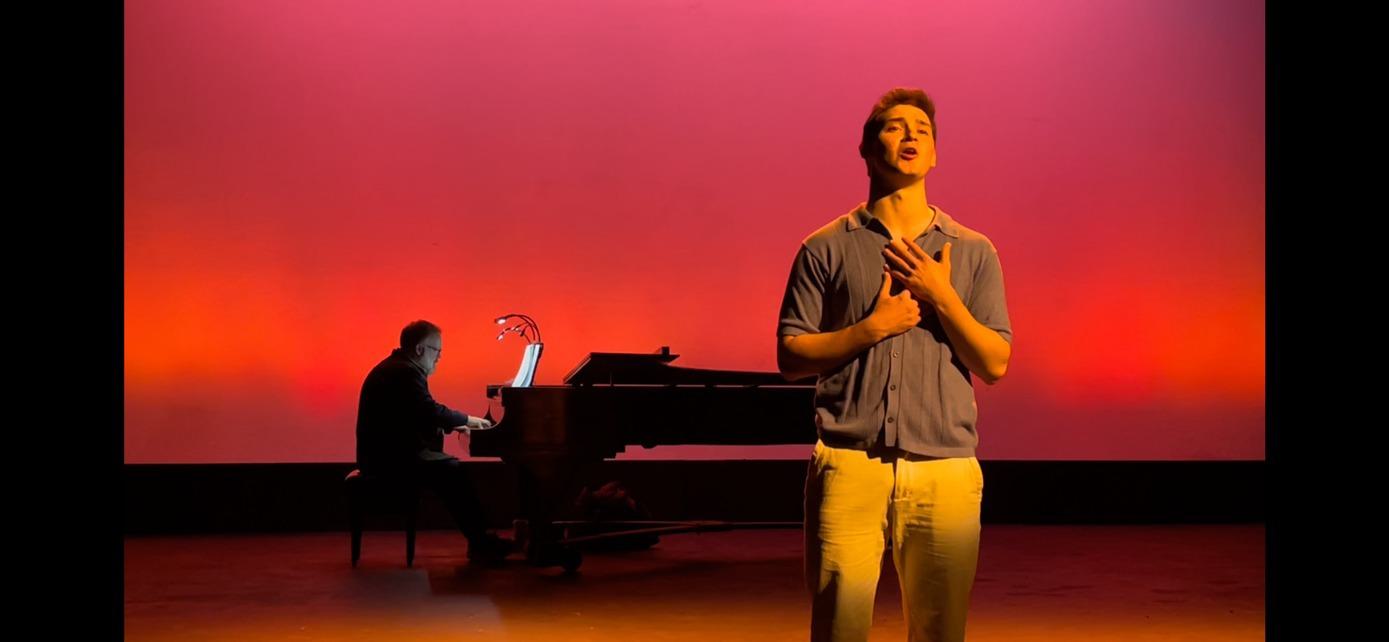Diagnostic Exams for Incoming Students
This page provides the schedules for the performing arts entrance exams.
10 a.m. Thursday, Aug. 21, 2025, FA 340
Candidates for admission to the graduate program at the Bass School of Music at ����Ӱ��AV will have two hours to complete the entrance theory diagnostic exam. Part I is a complete analysis of a J.S. Bach chorale using Roman numerals. Part II is a complete analysis of a Romantic-era piano piece, likely involving some sort(s) of chromatic modulation(s). Part III asks for diagrams of smaller forms (e.g. sentence, period, rounded binary, small binary, small ternary, etc.), as well as sketches of large forms (sonata, rondo, ternary, etc.). Part IV will ask students to spell and correctly resolve various chromatic chords in four voices. Enharmonic respellings/reinterpretations may occur in Part IV.
Review textbooks: Typical undergraduate theory textbooks will generally suffice. We currently use Clendinning/Marvin's "The Musician's Guide," but theory texts authored by Kostka/Payne, Aldwell/Schachter, Roig-Francoli, Laitz, etc., should provide an adequate review. Topics to review include, but are not necessarily limited to, diatonic triads and seventh chords, secondary dominants, secondary leading-tone chords, modulation, phrase structure, smaller forms, augmented sixth chords, the neapolitan chord, enharmonic spellings of chromatic chords, twentieth-century composers and style/trends/-isms.
Theory Exam – Practice Examples
3 p.m. Thursday, Aug. 21, 2025, Bass A318
Incoming graduate students in the MMVP, MMOP, MMMT, MMVC, and MM in Choral Conducting will take the GDE during diagnostic testing week. MMMT students will take the portions of the exam dealing with English and the IPA; all others will take all five portions. Here is a brief description of what will be expected.
IPA
A series of common English words is given, and transcribed into IPA. The student will pronounce selected words. The focus will be on knowledge of the IPA symbols used in English that are not represented by common letters of the alphabet: the two forms of “r,” the two sounds of “th,” various vowel sounds, etc. The Cheri Montgomery workbook for English Lyric Diction, which is a required text for undergraduate English diction, is a good resource for studying this.
English
An English song text is given, and the student will intone it (i.e., recite in long breath streams, as in singing), paying careful attention to the handling of the “r”s (flipping vs. retroflex, etc.), proper aspiration of consonants, diphthongs, triphthongs, and other English diction issues. Again, the Montgomery workbook is a great resource.
Italian
An Italian song text is given, and the student will intone it, paying careful attention to double vs. single consonants, proper choice of hard or soft “g”s and “c,”s, monophthongs (especially “e” and “o”), and other issues related to Italian diction. Evalina Colorni’s Singer’s Italian is the best resource for studying for this, along with the open vowel edition of Montgomery’s workbook on Italian Lyric Diction.
French
A French song text is given, and the student will intone it, paying careful attention to the sounds of the mixed and nasal vowels, verb endings and their sounds, common words that have exceptional pronunciations, etc. Common liaisons and elisions will occur and should be executed correctly. Thomas Grubb’s Singing in French is the best resource for studying this.
German
A German song text is given, and the student will intone it, paying careful attention to the sounds of “ch,” mixed vowels, the various sounds of the “schwa” in German, proper use of the glottal stop, etc. William Odom’s German for Singers is the best resource for studying this.
Bear in mind that the four specific language portions are presented only in the languages themselves, with no IPA provided. The skill being tested is looking at a language and being able to intone it with no additional assistance.
Each portion of the examination can be passed or failed independently. No graduate student can enroll in Advanced Diction in a language until that portion of the exam is passed.
3 p.m. Friday, Aug. 22, 2025, Bass A101
The Acting Evaluation is designed to discover the needs of incoming students, their level of acting training, and their familiarity with general acting/theatre terms and topics. This meeting will help guide our curriculum to best serve the needs of each entering class.
Activities: Come prepared for a brief movement warm-up. Prepare one contemporary monologue for performance, no more than two minutes long. You will also be asked to define commonly used acting terms (e.g., objective, beat, given circumstance, etc.). Consider these questions: What do you most hope to gain from a graduate acting class? What are your strengths? What are your gaps in training? What are your goals?



